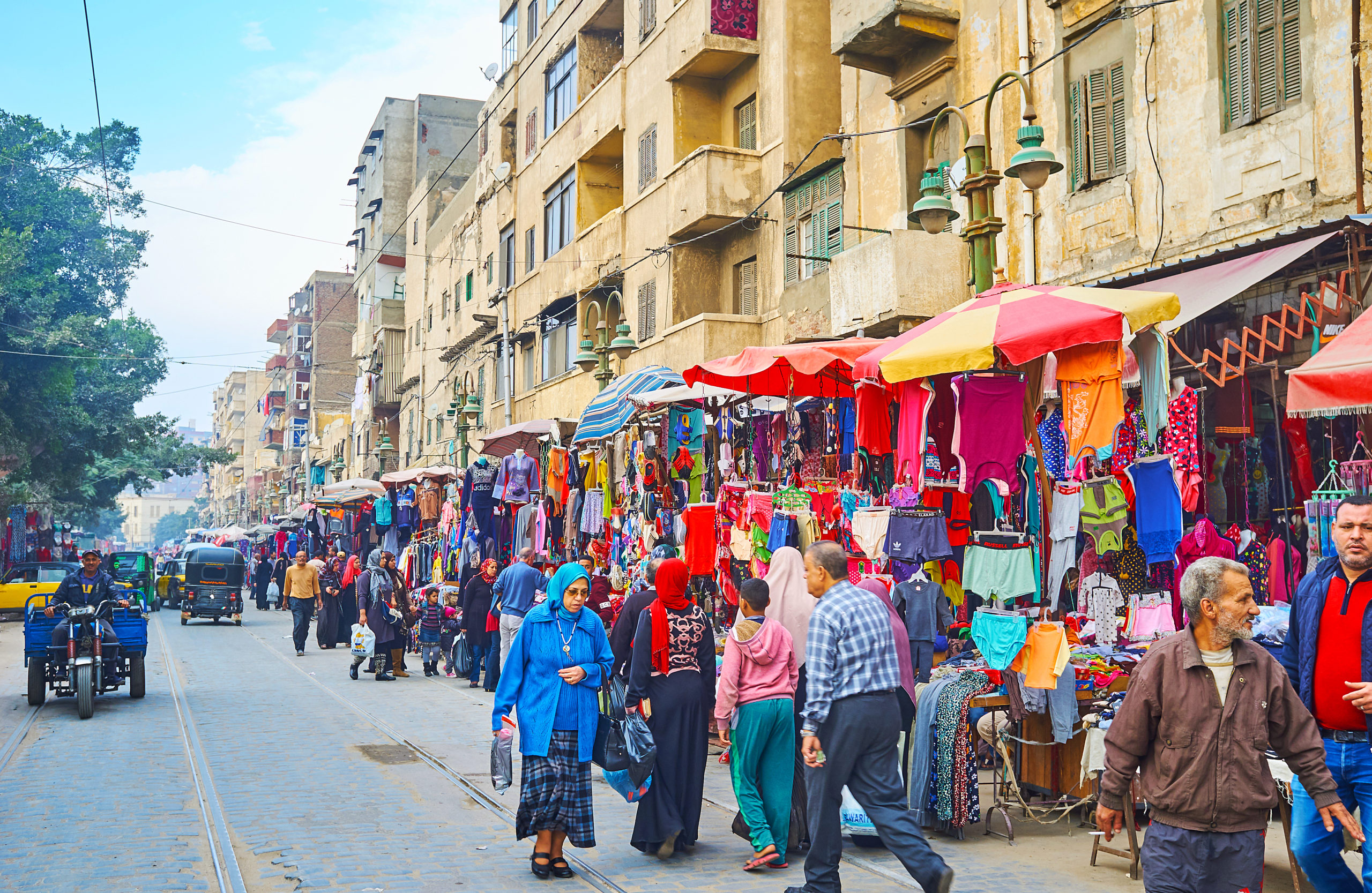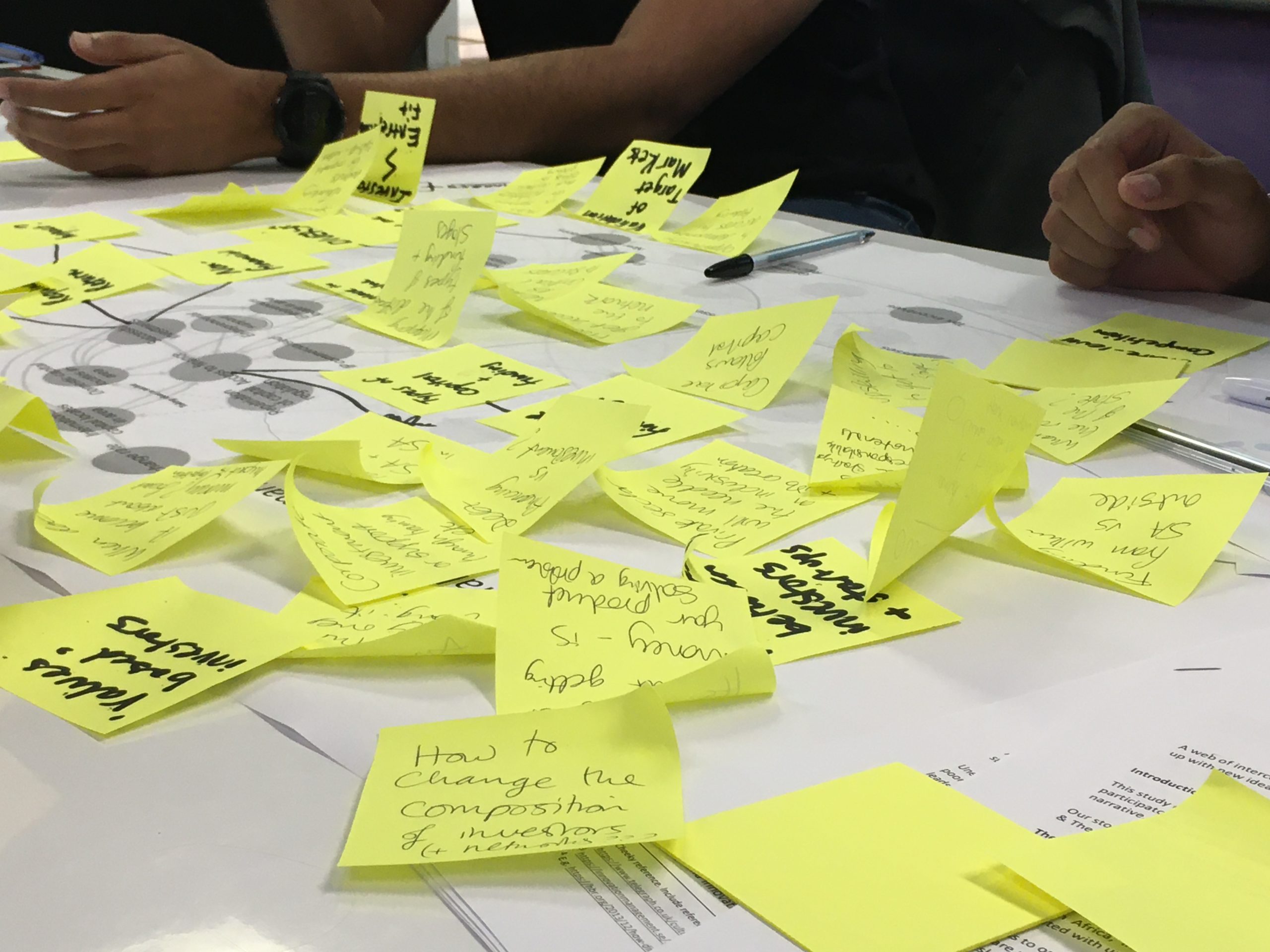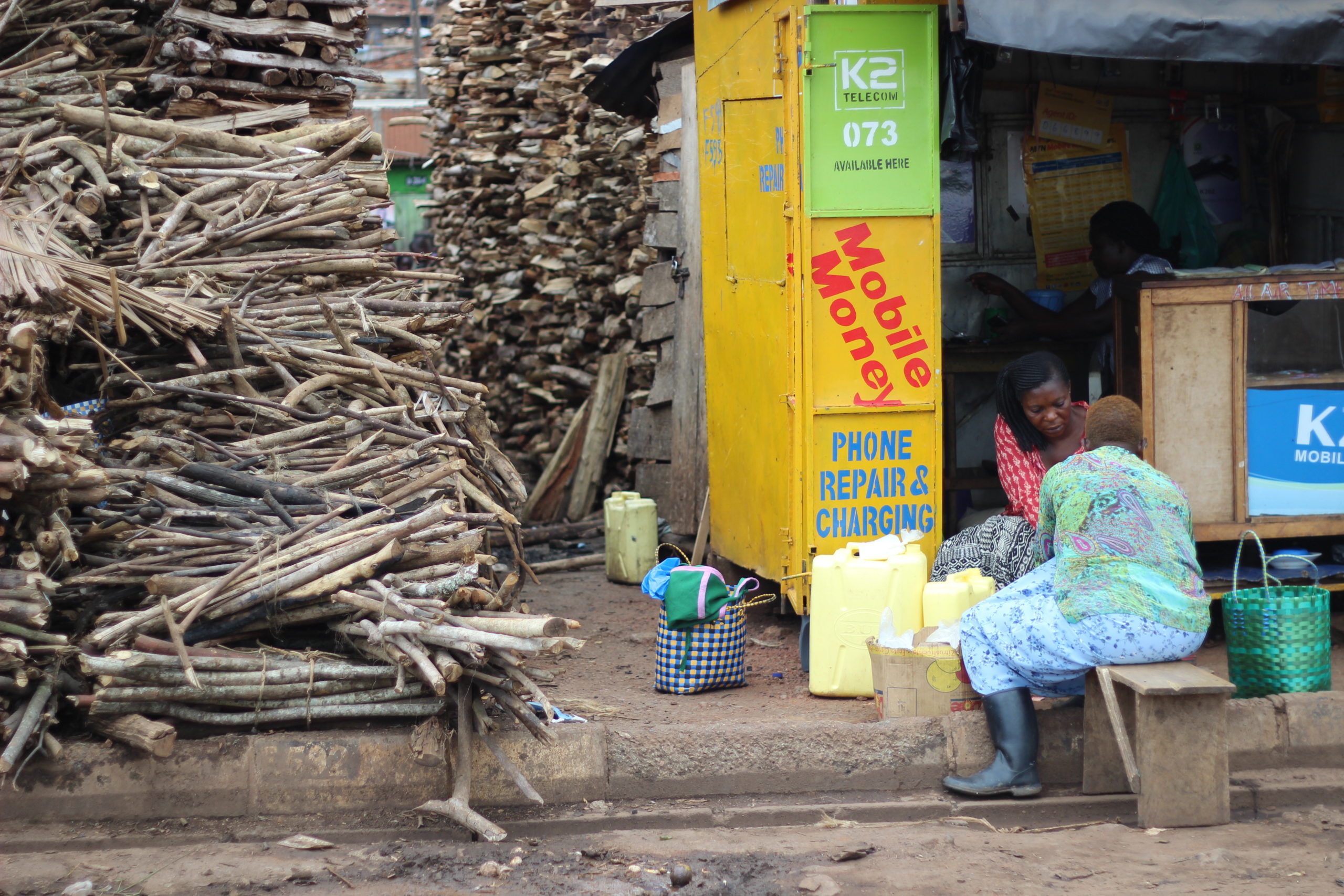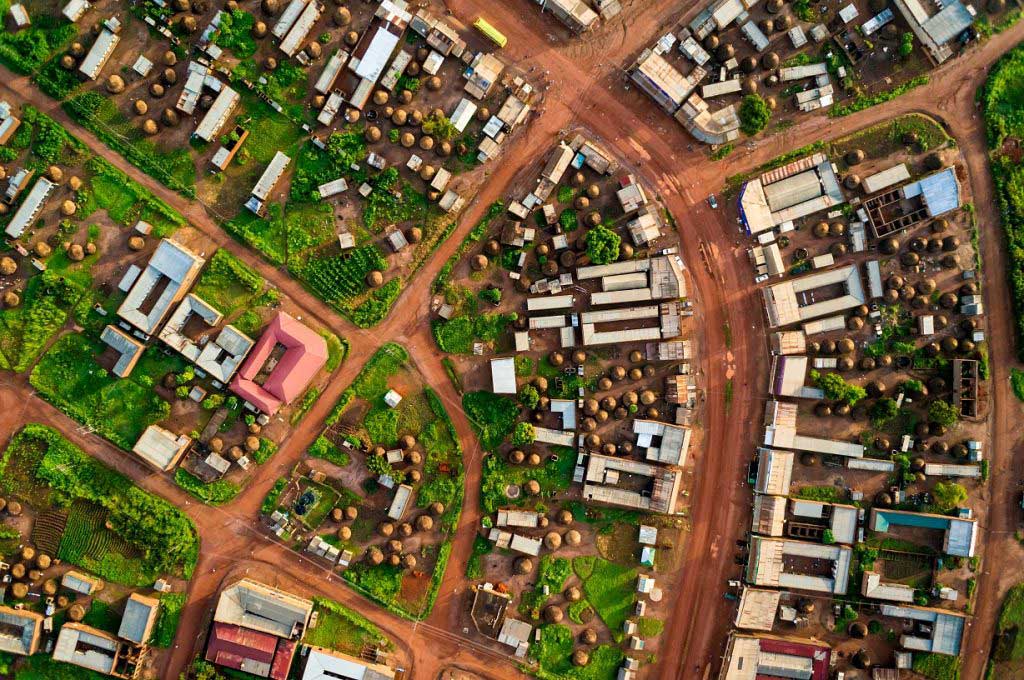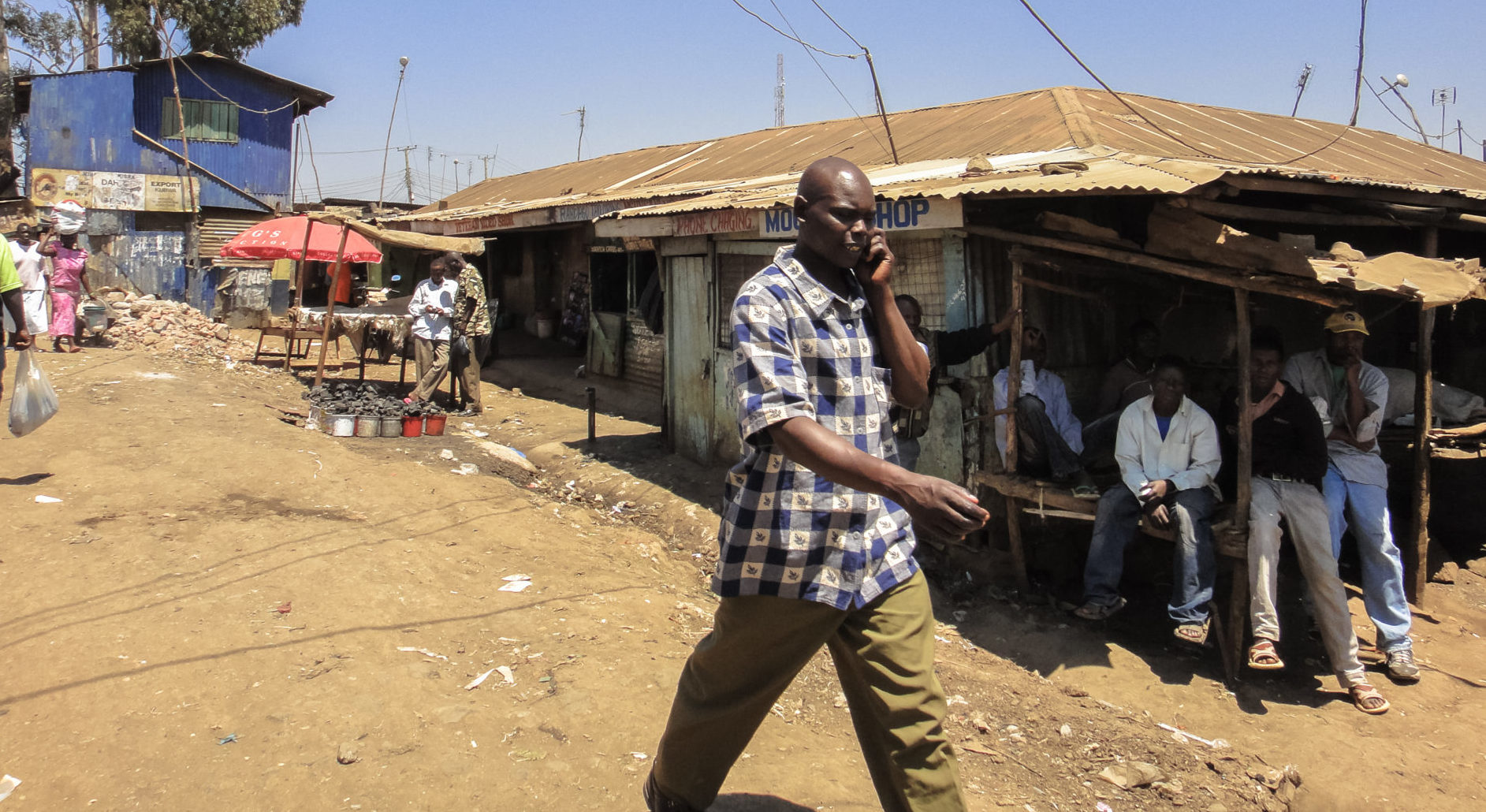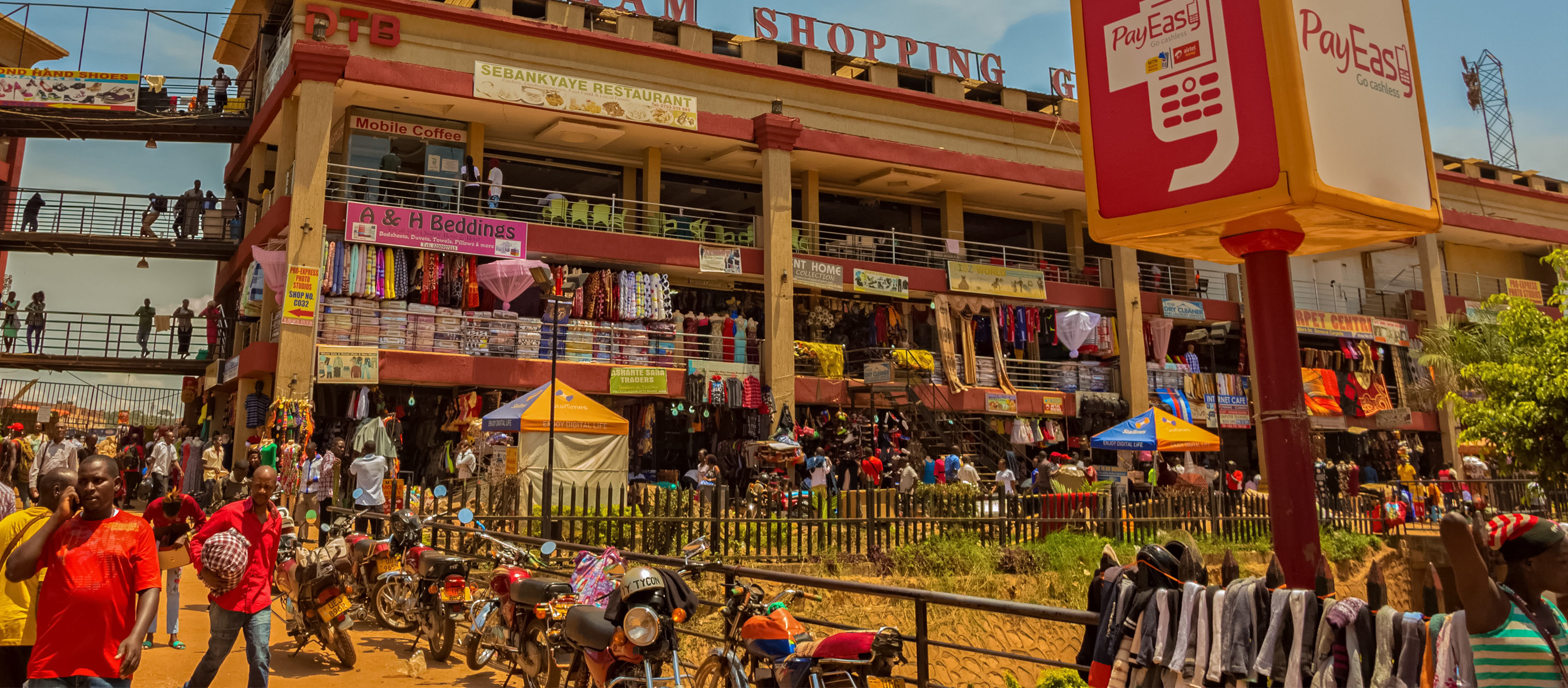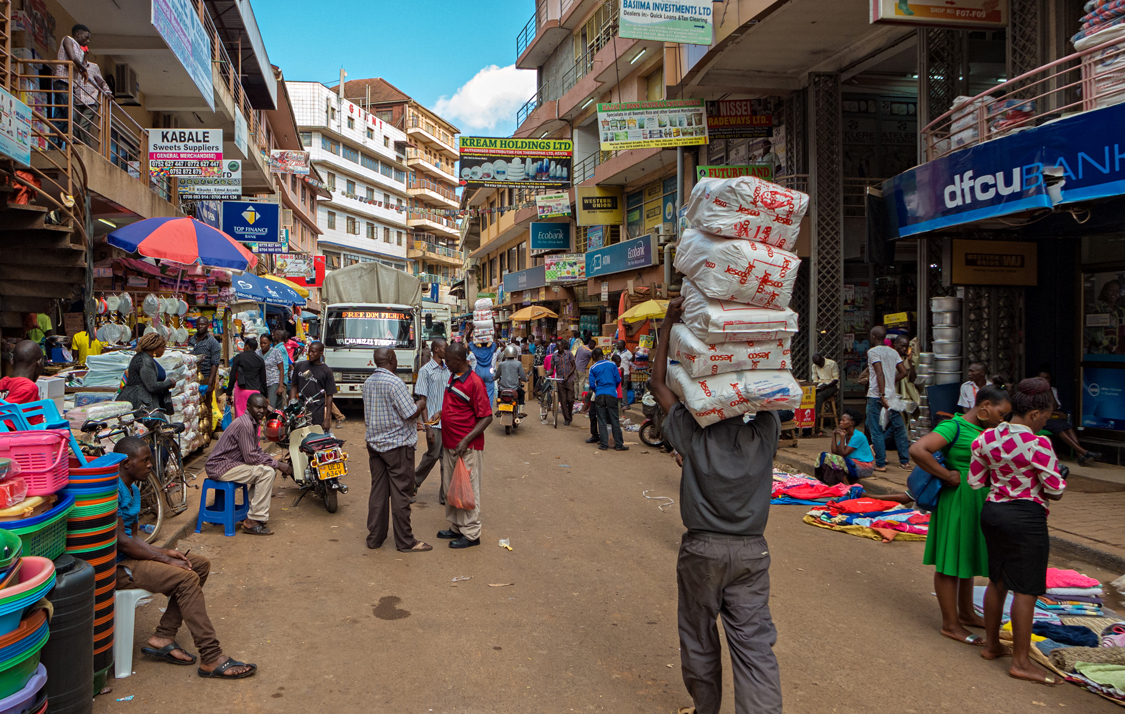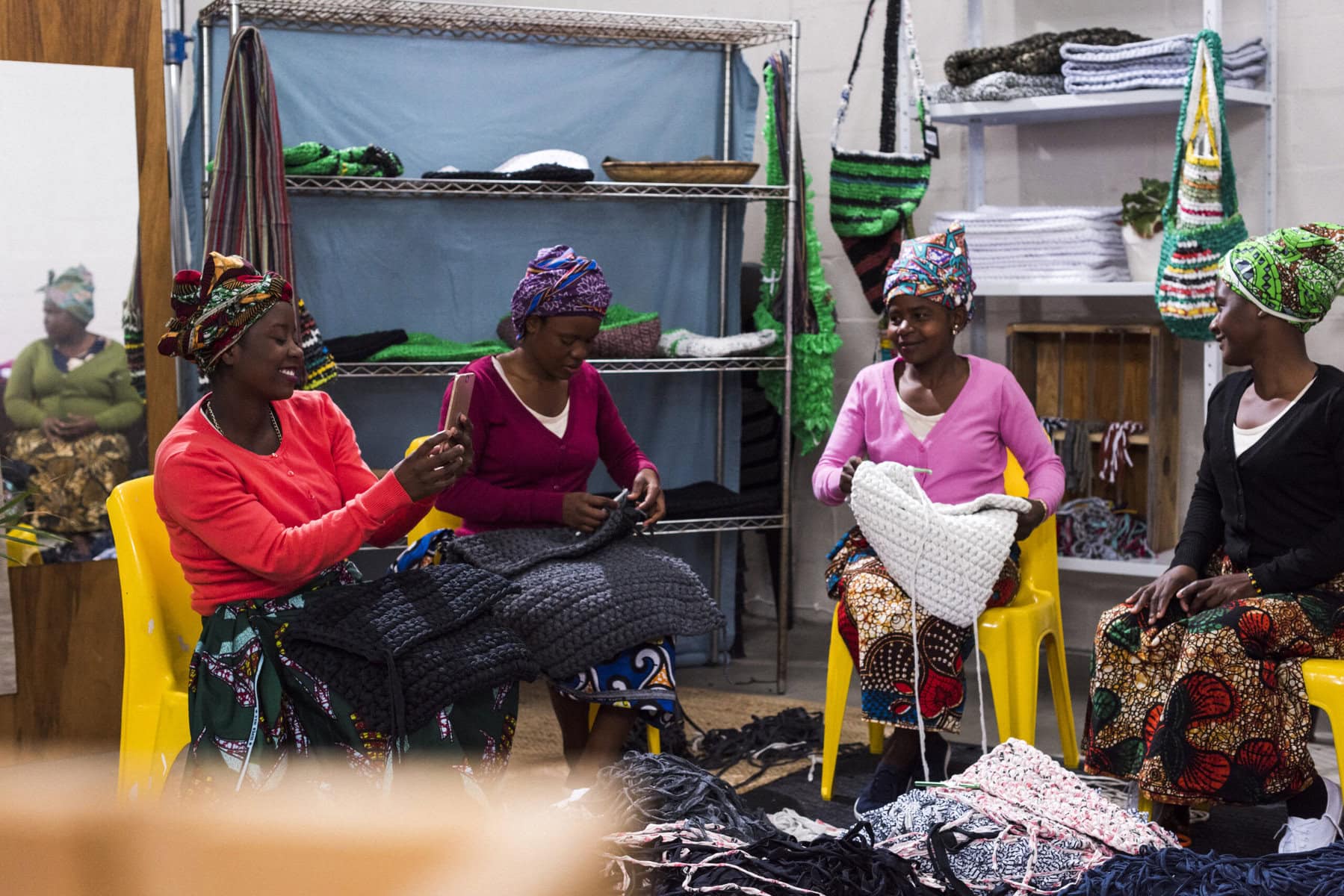
Bridging the Gap: Unpacking segmentation approaches and the MSE landscape in Kenya, Uganda and India
Micro and Small Enterprises (MSEs) are crucial drivers of economic growth in emerging markets, yet there is a persistent financing gap that restricts their access to essential capital. This financing challenge affects their ability to scale, manage cash flow, and build resilience against economic shocks, stifling both growth and sustainability. One
